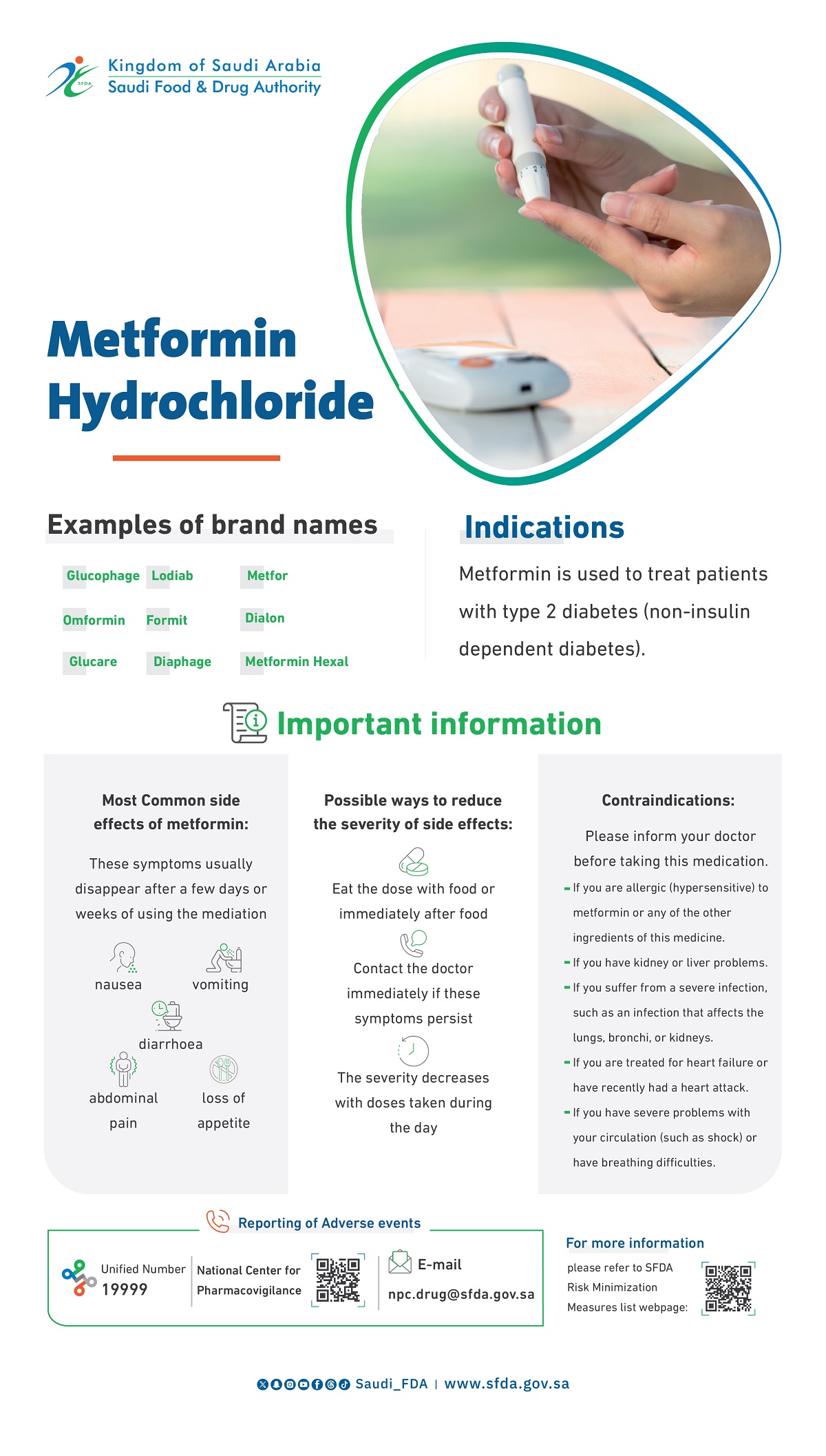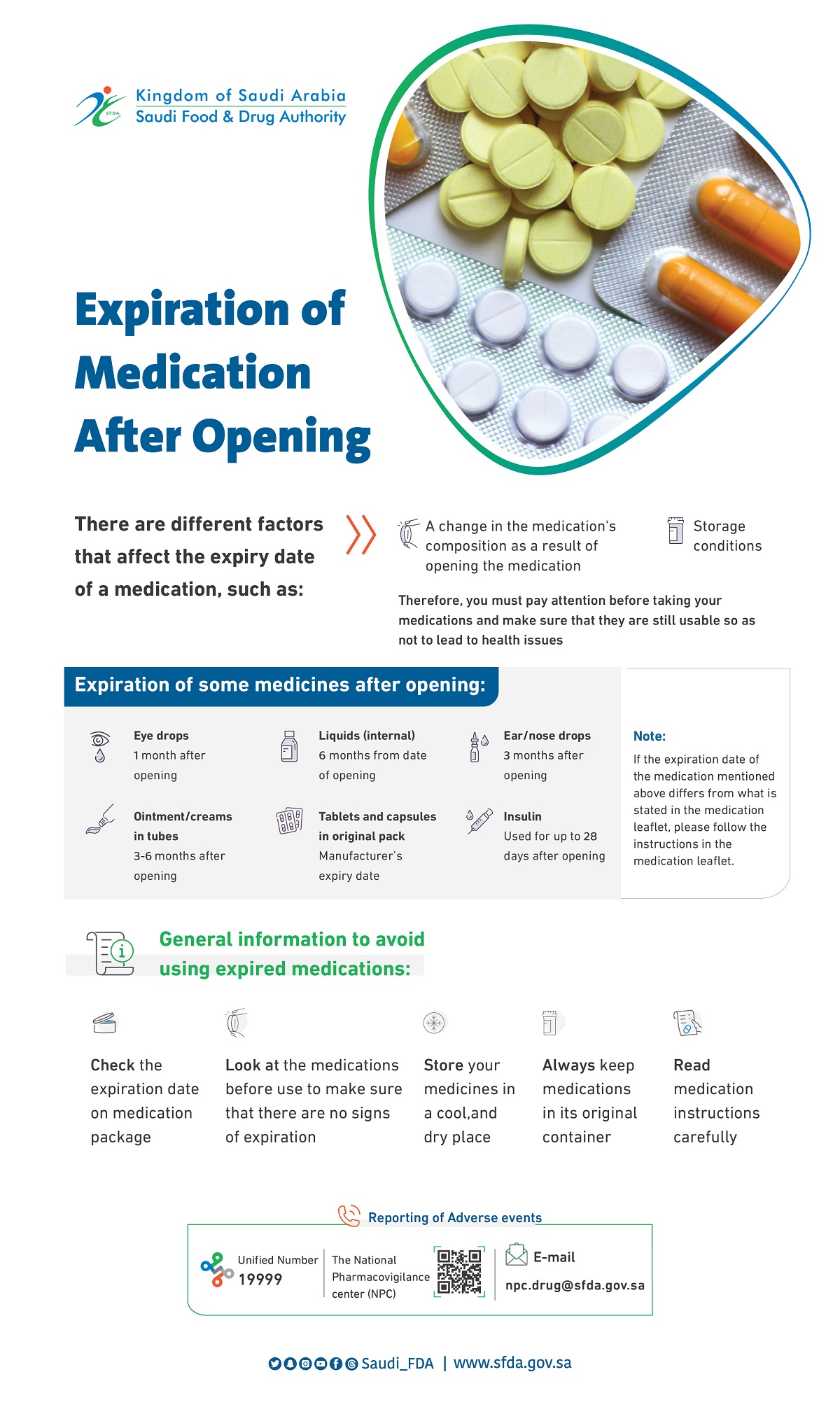

-
About SFDA
About SFDA
SFDA in vision 2030
Authority Strategy
Career and Life
- Information Lists
-
Areas
- Consumer Corner
- Media Centre
- Eservices
Selective serotonin reuptake inhibitors and risk of suicide: a systematic review of observational studies
Selective serotonin reuptake inhibitors and risk of suicide: a systematic review of observational studies
Selective serotonin reuptake inhibitors and risk of suicide: a systematic review of observational studies
2009-02-10
Background: It is unclear whether the use of selective serotonin reuptake inhibitors (SSRIs) and other antidepressant drugs reduce the risk of suicide in people with depression. We explored the association between exposure to SSRIs and risk of suicide completion or attempt.
Methods: We conducted a systematic review of observational studies that reported completed or attempted suicide in depressed individuals who were exposed to SSRIs compared with those who were not exposed to antidepressants. We assessed the overall risk of completed or attempted suicide.
Results: Eight studies involving more than 200 000 patients with moderate or severe depression were included in the meta-analysis. Although exposure to SSRIs increased the risk of completed or attempted suicide among adolescents (odds ratio [OR] 1.92, 95% confidence interval [CI] 1.51–2.44), the risk was decreased among adults (OR 0.57, 95% CI 0.47–0.70). Among people aged 65 or more years, exposure to SSRIs had a protective effect (OR 0.46, 95% CI 0.27–0.79). Sensitivity analyses did not change these findings. In particular, for studies that used completed suicide as an outcome, exposure to SSRIs was associated with increased risk among adolescents (OR 5.81, 95% CI 1.57–21.51) and decreased risk among adults (OR 0.66, 95% CI 0.52–0.83) and older people (OR 0.53, 95% CI 0.26–1.06).
Interpretation: Based on data from observational studies, use of SSRIs may be associated with a reduced risk of suicide in adults with depression. Among adolescents, use of SSRIs may increase suicidality.
Source: CMAJ • February 3, 2009; 180 (3). doi:10.1503/cmaj.081514




